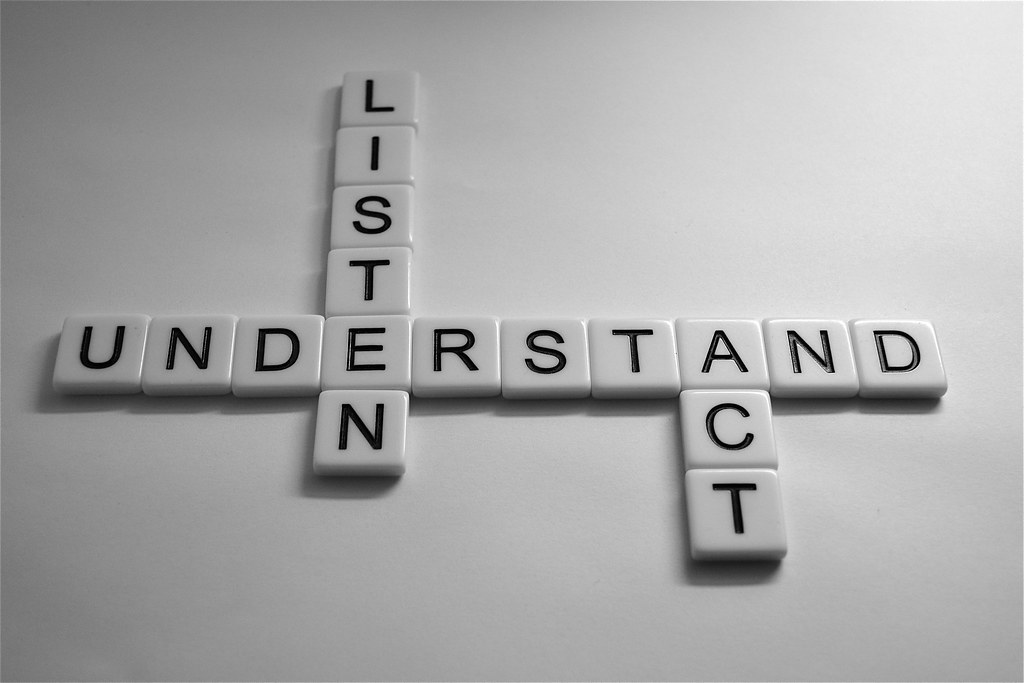Do you understand?
Do you really understand?
Do you really understand that you are dying?
And that death may be here soon?
Do you understand
that going home is not an option?
And that your family will not be here?
Because they’re not in this country.
And death is not patient.
So, they will stay there,
as you stay here.
Do you understand all of this?
Are you okay with all of this?
I’m not sure I’m okay with all of this.
But —
it looks like you understand.
The interpreter says you understand.
Maybe I just need to trust,
that you do understand.
Because asking again is too much?
Too annoying?
Too upsetting?
I am not sure.
I am still learning.
Still training.
Still trying to find my place here.
Then, you reach for my hand.
With tears in your eyes, I hear you say
Gracias.
No, thank you.
For teaching me.
For reminding me why I am here,
and why I will strive to be better,
for the next time.
You do understand.
I am finally starting to, as well.
This poem reflects the many questions and thoughts spiraling through my head during an encounter with a Spanish-speaking patient as he was told he had an inoperable glioblastoma. At the time, I was on my first clerkship of third year, still trying to navigate my role as a future physician in the clinical setting.
Through broken Spanish and an over-the-phone interpreter, I watched and listened as he got news that shattered his world. To this day, I still wonder, could we have done better? As medical students, we are trained to deliver compassionate and unprejudiced, patient-centered care. But at this moment, I felt unsettled as I was not sure if he fully understood the gravity of his diagnosis. And maybe it was because of the less-than-ideal circumstances: cancer, COVID, grief, fear, being far from home and family, delivering bad news via a third-party, shortage of in-person interpreters, lack of my own Spanish and medical knowledge, learning a new system and how to be a good physician, my own realization of the injustices in healthcare and trying not to make this situation worse as the “med student.”
As I prepare for residency, I realize that much of what I have learned over the last four years of medical school comes down to these principles: what to do and what not to do. Maybe that is an oversimplification of a complex system. However, I feel that I have been given the resources to succeed, and ultimately, it is my decision on what to do with them. Some of those “resources” consist of countless patient encounters, learning from residents and attendings, making mistakes and then improving for the next time.
This patient serves as my reminder that I, we and everyone should do better for those who might not understand us in the language conventionally taught in medical school.
Image credit: Listen, Understand, Act by highersights from CC BY-NC-SA 2.0


